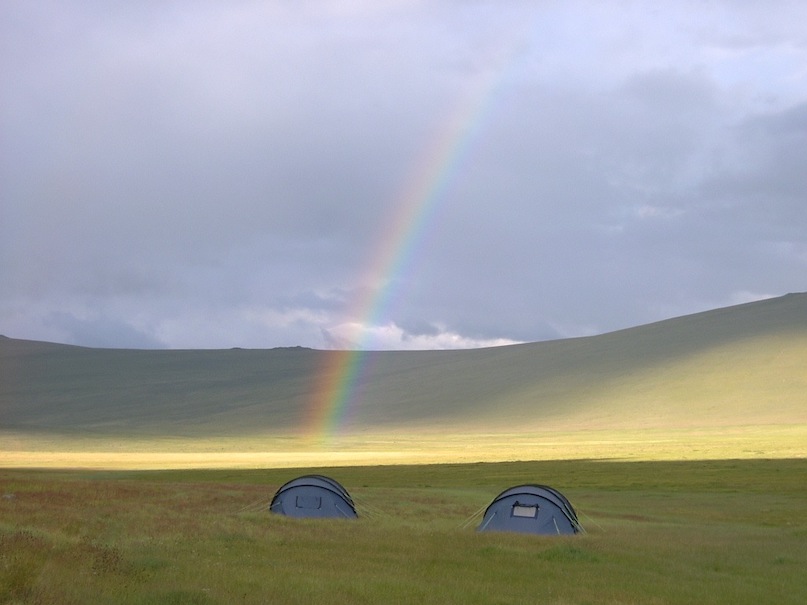Statement on 5 July 2023

On July 5th, the Russian prosecutor general’s office declared The Altai Project an “undesirable organization”. It is the 93rd foreign organization to receive this badge of honor for meaningful and effective support of Russian civil society.
“The Russian Prosecutor’s office distorts and misrepresents legitimate community-led conservation efforts organized by local activists in Russia,” said The Altai Project director Jennifer Castner. “Their specious accusations are focused on events that occurred between 2006-2018. In making this announcement, the Russian government is only harming its own citizens – people who are working to protect their right to a clean and healthy environment.”
The Prosecutor General claims that The Altai Project has been involved in “sabotaging the construction of the Power of Siberia-2 gas pipeline, as well as propaganda work in the Russian and global community, the purpose of which is to publicly convey the need to fight for sacred places” in Altai Republic. In addition, The Altai Project opposes [mining] development … in connection with which The Altai Project causes economic damage to the Russian Federation…. While formally advocating nature conservation, it interferes in the internal affairs of the Russian Federation and may harm Russia’s economic security.”
With this announcement, the Russian authorities now categorize cooperation or interaction with The Altai Project by Russian citizens, both inside Russia and abroad, as a crime. The Russian Prosecutor General’s press release unironically states that Russian nature conservation, wildlife protection, and cultural heritage preservation are harmful to the country’s security and economic development.
Centering Russian leaders
The Altai Project has worked since its founding in 1998 to support community-led nature conservation and biodiversity protection. Until recently, rule-of-law in Russia guaranteed the rights of its citizens to live in a healthy, clean environment, balanced with the just and sustainable use of natural resources, despite increasing challenges to protecting those rights.Independent Russian citizens and Russian independent, non-governmental organizations are more than capable of identifying environmental issues in their local communities, acting to address those issues, and seeking support. Over its decades of work, The Altai Project has simply provided resources, access to expertise and collaboration, and global amplification of voices in Russian civil society.Some of their achievements include:
- Coordinating public input to decision-makers on plans for a large hydropower dam in the 2000s, resulting in its cancellation;
- Calls to re-route the Altai Gas Pipeline (renamed Power of Siberia 2) away from the ecologically-sensitive and culturally-sacred Ukok Plateau, ultimately resulting in it being rerouted to the east, away from Altai in 2016; and
- Community-led monitoring of plans to extract cobalt in key snow leopard habitat. Investors failed to close the deal and the plan evaporated in 2016;
- Restoration of the snow leopard population in Altai Republic through careful protection and study. This iconic cat has become a valuable economic driver of tourism.
Russia’s full-scale invasion of Ukraine and corrupt governance
When Russia launched its horrific, full-scale invasion of Ukraine in February 2022, The Altai Project spoke out publicly in solidarity with the people and nation of Ukraine, noting, “While we will pause our work in Russia, The Altai Project will continue supporting partners in conservation efforts and advocacy in other parts of Eastern Europe and Eurasia.” The Altai Project has never had any employees in Russia or maintained an office there.
“Once again, the Russian Prosecutor General has decided to stand with corrupt oligarchs instead of the Russian people,” Jennifer Castner added. “Crackdowns on international organizations (like The Altai Project) that support ordinary Russian citizen leadership to protect their natural heritage only highlight the Russian government’s weakness.”